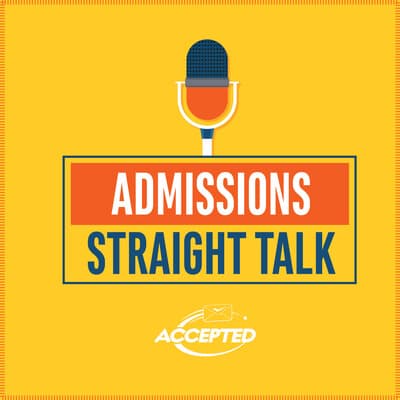Education
Dr. Joe Bardinelli shares his journey from cop to doc [Show summary] Not everyone follows a traditional path to a career in medicine. Today’s guest, emergency physician Dr. Joe Bardinelli, was a police officer for six years before deciding to enter medical school. In this episode, he shares how and why he went from being a cop to being a doc. A physician's nontraditional path to med school [Show notes] Dr. Joe Bardinelli earned his bachelor’s in Criminal Justice at age 22 and for six years worked as a police officer. At 28, he started osteopathic medical school at Lincoln Memorial University and then pursued his residency in emergency medicine at Conemaugh Health System. Today, he’s an ER doctor in Florida. Can you tell us about your background outside of medicine? [1:48] I grew up in the South. I was born in Georgia. My dad moved around to several jobs while we were growing up. He changed careers a couple of times. That took us to the Carolinas and subsequently Tennessee, so I was there from high school on and went to East Tennessee State University for my bachelor’s degree there, and that’s where I ended up going into law enforcement in Kingsport. I stayed there more or less up until I started medical school, which was over in Harrogate. That’s about an hour north of Knoxville, probably an hour and a half from where I went to high school. > Now we’re married. We started with one child, going into medical school, and then we had our fourth about two months into residency. We’ve got eight, six, five, and three now. We like to be outside; that’s why we moved down to Florida. We wanted to be near the water. We have no ties to the area down here. We just wanted to try something different, and we figured that if we were going to do it and make a big change that we might as well do it while the kids are young. Do you think your father’s ability to change careers influenced you? [3:08] It had a role in it, because he was a police officer as well. My grandfather was, and I think, ultimately, that’s probably why I ended up going into it because I felt like I needed to try it. He ended up getting out of law enforcement and went back to a school for neuro-diagnostics to do EEGs and other neurologic testing on the brain. While he was in that, it was right around middle school or high school, so that gave me the opportunity to go into the local hospital and volunteer. > He worked closely with one of the local neurosurgeons there. At that time, it was much easier than it is now. I was able to go in and shadow surgeries and got to be around medicine more, so that’s kind of what sparked my interest. I knew in high school that I had an interest in it, but I still pursued law enforcement going into college just because I felt like I needed to. But I certainly don’t regret the decision. I had a lot of great experiences and learned a lot about life that I otherwise would've never seen had I not gone into that. I made some lifelong friends as well and still miss certain parts of it. But it’s definitely been a good change overall. When did you start thinking you wanted to be a doc and not a cop? [4:22] Probably two or three years into working at the police department, I started re-evaluating and trying to decide if this was something that I could really do for 30 years. In Tennessee, their retirement system is set up to where you have to work 30 years, and you have to be a certain age before you can retire. We just started thinking about the totality of the circumstances where we were at. Obviously, nobody goes into law enforcement for money. It’s usually not a driver for people to go into it. It's more of a feeling like you’re doing something good for the community. But unfortunately, the administrative folks in a lot of the departments can beat that pride out of you bec...

